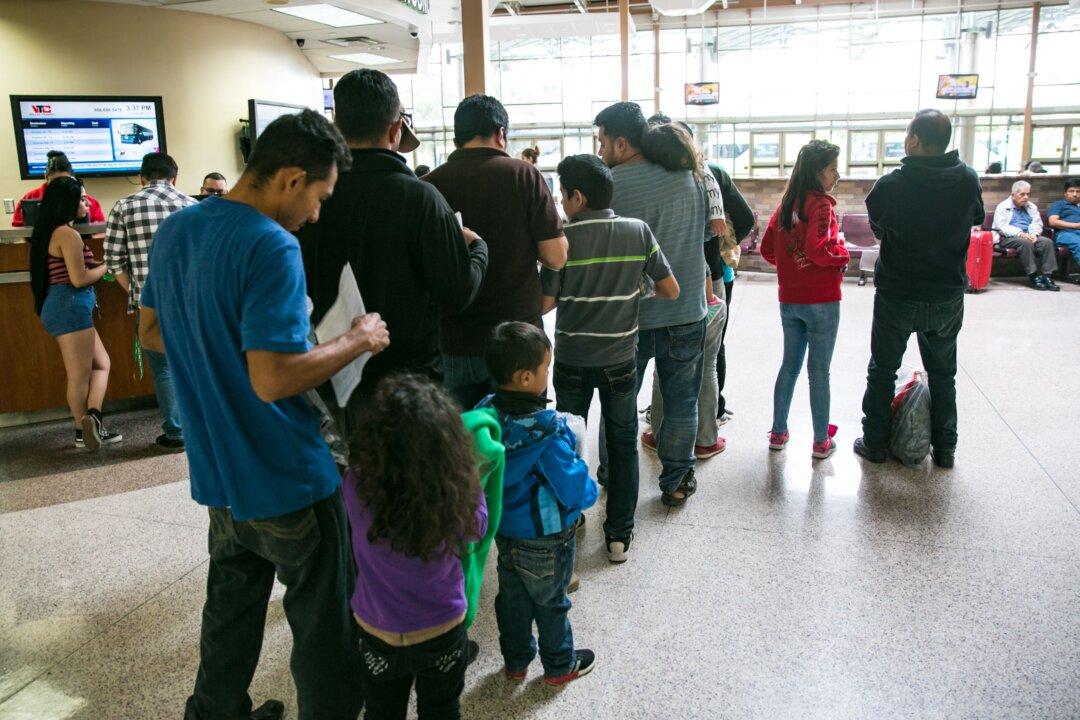A federal judge has ordered the Trump administration to end its practice of detaining children asylum seekers in hotels while arrangements are made to expel them from the country as part of an immigration policy designed to curb the spread of the CCP (Chinese Communist Party) virus pandemic.
U.S. District Court Judge Dolly Gee in Los Angeles ruled on Friday that the children who were brought over or crossed over illegally into the United States during the pandemic are entitled to protections under the 1997 Flores settlement agreement. The agreement is a court ruling that says minors who cross the border illegally cannot be detained for more than 20 days and requires children in the custody of the Department of Homeland Security (DHS) to be housed in facilities that meet certain standards as well as be given certain standards of care.




